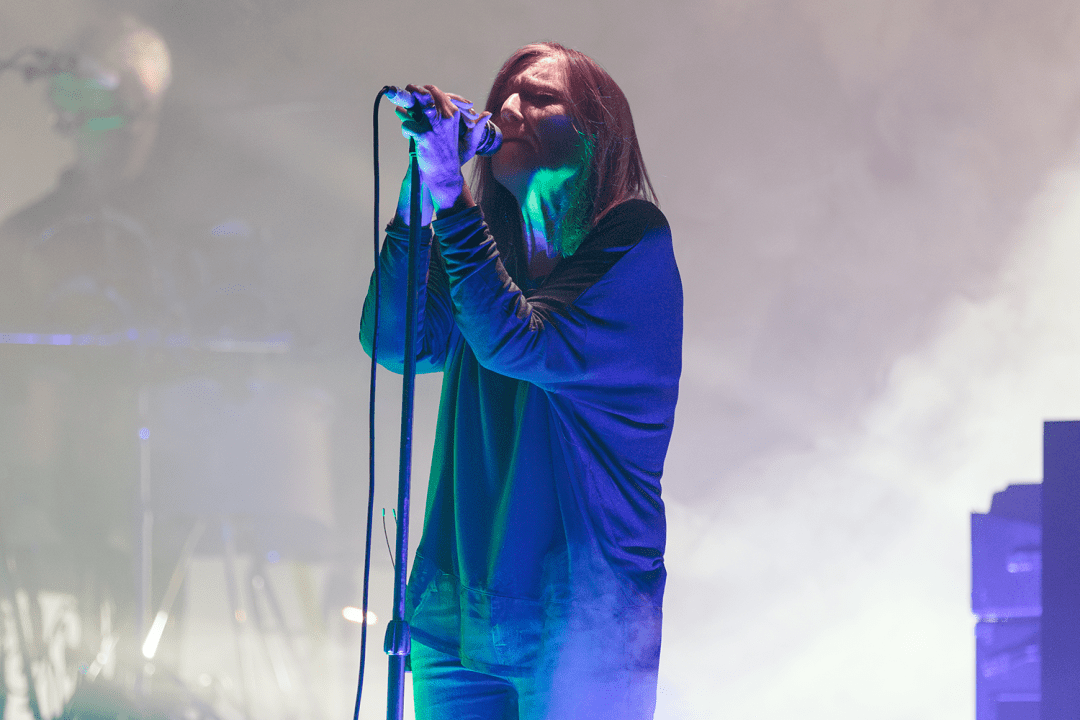A decade ago, a group of people who owned small music venues came to the conclusion that the kinds of places they ran were teetering on the brink of a catastrophic extinction event. And so they formed the Music Venue Trust, which has spent ten years kicking cans and shouting the odds about the need to preserve these places, about how they are the production lines from which the festival headliners of tomorrow come.
A brilliant guitarist, a fascinating songwriter, St Vincent cycles sleekly through styles with utter assurance
Quite right. Good, small venues are the best place to enjoy both live, loud, raucous music and intimate performances where the crowd’s hush is as deafening as any amp. They offer space for experimental work; for seasons of related artists; for shows that wouldn’t work in a conventional standing venue. Those shows needn’t just be the concert hall staple of rock programming where acts you’ve just about heard of play the B-sides of someone who died 30 years ago.
The Barbican last week offered two shows that simply wouldn’t have worked a couple of miles away at the Forum. Beth Gibbons’s performance, for example, demanded complete and rapt attention. She has recorded just five studio albums in 20 years – three with Portishead, one with Rustin Man, and now this year’s brilliant solo album Lives Outgrown – and she rarely plays live.
She was certainly not a huge, charismatic presence: she clasped her mic stand with both hands, leaning into it as if clinging to a tree in a storm, and when she wasn’t singing she turned away from the audience. The stage was backlit, so she was simply a dark silhouette, an all-but-disembodied voice.
While Portishead became dinner party favourites for helping to invent the genre that became known as ‘trip-hop’, Gibbons’s music is significantly more rustic. It’s a kind of psychedelic folk that twists and leaps and drones, played wonderfully by a seven-piece band who also provided rich, choral harmonies. When she finished with ‘Reaching Out’ – which was as viciously propulsive and as frantically exciting as you could hope for – it was staggering. And it would not have had the same effect in a rock venue.
Concert halls also provide a public service to older fans. A few years ago, a booking agent told me that veteran prog band Marillion’s audience increased significantly when he stopped booking them into their preferred rock clubs and started putting them in theatres. Their audience had reached the point in life where they were no longer willing to pay to stand.

The Zombies – led by Colin Blunstone and Rod Argent, who have a combined age of 157 – needed a seated room for their audience, though the performance perhaps hinted at time spent playing to crowds unconcerned about their critical hailing over recent years: ‘She’s Not There’, a perfect piece of mid-60s pop, did not require a slap bass solo in the middle. But when they soared, they soared. Blunstone’s voice is incredible for his age, still a tenor that can reach higher than most singers could at 20. Paul Weller came on to sing the rarely performed ‘Beachwood Park’, and it was a little startling to see he looked nearly as old as everyone else on stage.
The Albert Hall, of course, has been a destination venue for decades, which is doubtless why St Vincent – real name Annie Clark – ended up there. Truthfully, it was the wrong room for this show: the production was limited to three archways, which were moved around the stage. Unfortunately, beneath the vast ceiling of the hall they were dwarfed, and looked more like Spinal Tap’s undersized Stonehenge than the trappings of a modern show.
But St Vincent is a genius: she is both an astounding guitarist (choosing to play alongside another brilliant guitarist, Jason Falkner, who has made excellent records of his own) and a fascinating songwriter, cycling sleekly through styles with utter assurance. And at the heart of it is her own unknowability. I suspect St Vincent is obsessed with control. Even when she acts out wildness, it is acting: falling to the stage and writhing in a manner that is plainly orchestrated with precision.
Her songs, too, suggest extreme emotional detachment. ‘Surgeon’, which examines her own depression, sounds less like a wallow than a cold piece of self-examination, before reaching its Marilyn Monroe-inspired chorus: ‘Best, finest surgeon, come cut me open.’ It was a song both sensual and scary. Rather like St Vincent herself.








Comments